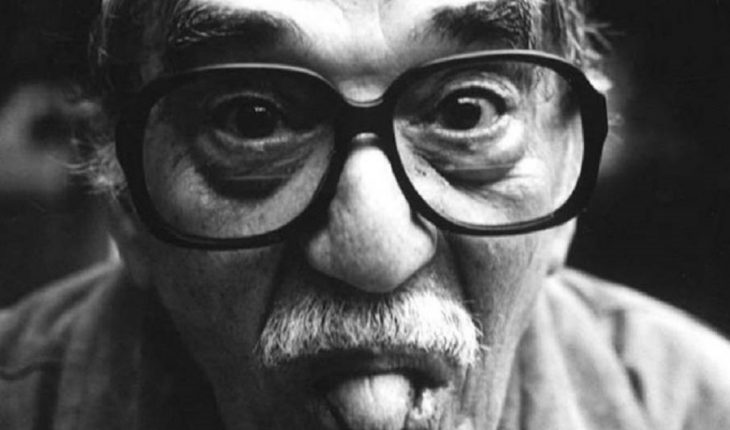Gabriel García Márquez was born to write stories that we would read and give away and recommend to others, this man who won multiple prizes, but without a doubt the Nobel Prize in Literature the most important, was also a confessed admirer of Shakira and a faithful friend of Fidel Castro. As a fiction author, García Márquez is always associated with magical realism. In fact, it is considered, together with the Guatemalan Miguel Angel Asturias, a central figure of this genre. He said that his early works (with the exception of La hojarasca), as El Coronel has no one to write to him, The Bad Hour and The Funerals of the Big Mom, reflect the reality of life in Colombia and this theme determines the rational structure of the books. He knew how to say at the time about this: “There is no line in my novels that is not based on reality.” His work highlights the 10 novels he wrote, being “100 years of solitude”, perhaps the most recognized but no less popular than “Chronicle of an Announced Death”; “Love in the times of cholera”; “Love and other demons,” and “The colonel has no one to write to him.” He also wrote nonfiction narrative, speeches, reporting, film reviews and memoirs. He was known as Gabo, and familiarly and by his friends as Gabito.To honor his work, his pen and his narrative we left you some details of his life that he may not have known. He needed a yellow flower on his desk to work, because he was so superstitious. He also thought snails, peacocks and plastic flowers are unlucky.
Avoiding using frac, he went to collect the Nobel Prize in Literature, in 1982, dressed in a liquiliqui, a suit typical of Colombian and Venezuelan plains.
He won the award according to the academy: “for his novels and short stories, in which the fantastic and the real are combined in a quiet world of rich imagination, reflecting the life and conflicts of a continent”.
Gabriel García Márquez in 1982 received the Noble | Photo: File
He discovered that he was going to be a writer reading Kafka’s “The Metamorphosis.” “I didn’t know this was possible, but if so, writing interests me,” he had once said.
He knew who his wife would be when she was nine years old; at 14 he proposed to her and at the age of 26 they married, they were together for 56 years, until the writer’s death separated them from the earthly plane. She’d die six years later.
Mercedes Barcha Pardo and Gabo shared their lives throughout their lives and had two children, Rodrigo and Gonzalo.
In life he never performed the rereading of something that had already been published. He argued that he would never stop to make corrections. And he didn’t try to write his works very quickly either. That’s why he took his time writing his novels.
I thought ideas were like wine, so they should get better over time. An example of this were his novels “One Hundred Years of Solitude” in which he invested 18 years; “The Fall of the Patriarch” in which he used 17 years to carry it out and “Chronicle of an Announced Death” which took 30 years to write it.
About 100 years of solitude would tell at the time that once this novel was finished I did not have enough money to send the entire manuscript to the publisher, so he only sent half. When they replied that they wanted to publish it, they realized that they had sent the final part.
Throughout his life he maintained a close relationship with cinema. He wrote scripts for films and short films which allowed his novels to be adapted. He was a jury in 1982 at the Cannes Film Festival. However, despite his closeness to the seventh art, he promised that “One Hundred Years of Solitude” would never appear as a film because he felt it would lose its essence.
It is said that thanks to García Márquez’s company in the same car in which the leader of the Cuban Revolution, Fidel Castro, traveled, the perpetrators of an attack on the Cuban president decided to abort the mission.
On more than one occasion he declared himself a fan of his compatriot and pop singer Shakira. For this reason, the singer participated in the soundtrack of the film adaptation of “Love in the Times of Cholera”.
“Shakira’s music has a personal imronta that doesn’t look like anyone else’s, and no one sings or dances it like her at any age with an innocent sensuality that seems invented by her,” she once wrote about her.





